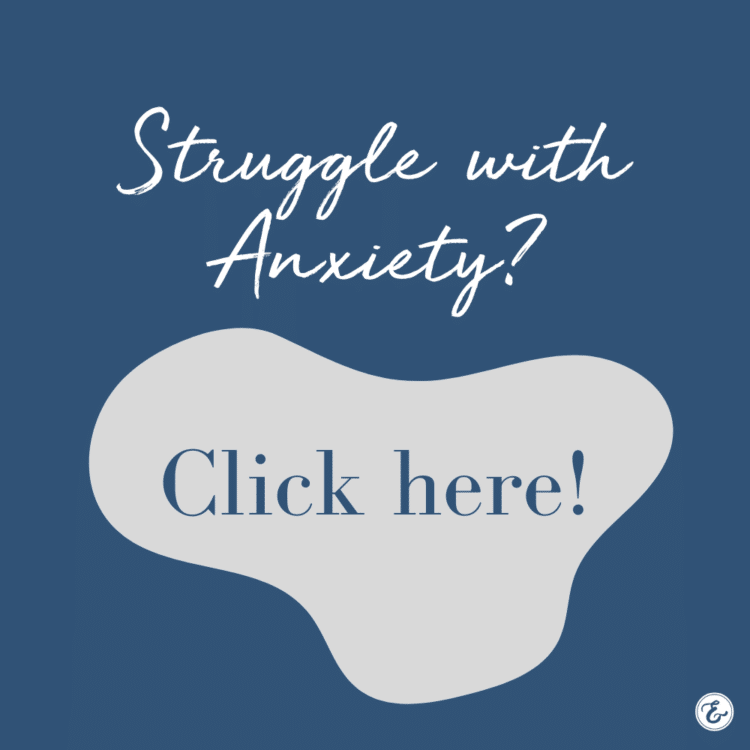‘Sam’ Asked:
Dear Dr. Zoe,
I’ve been in therapy for going on two years now. I get anxiety thinking about what I should talk to my therapist about. He is nice and helpful, but there’s a few things that he just doesn’t get about my life and sees differently. I like that he challenges me to think differently, but there are parts of my life that I think you just don’t understand unless you’re living them.
Sometimes I get anxiety just thinking about what I should talk to him about. I feel like I’ve gotten better enough, but I worry that I’m just lying to myself.
I get anxiety thinking about what I should talk to my therapist about.
Why have I put in all of this work and time into getting better just to quit early because I think I’m done? How do I know when to end therapy? Don’t I just need to choose to live life at some point?
What if it’s just my therapist isn’t a good fit? And how do I tell him if it is time to stop? If I’m not ready to stop, how is therapy supposed to go? Is it my job to always bring up the topic we talk about? Shouldn’t he prompt me and tell me what I need to work on?
Help! It’s exhausting and causes anxiety wondering if I’m better or okay enough to live a good life.
Dr. Zoe Answered:
This is such a great question and I think many who are in therapy struggle with it. Because therapy is an intimate dance between two people, every therapy experience is unique.
As a therapist, I rarely come to a client session with my own idea of what we are going to talk about—unless I have written it down as a continuation of our last session or a specific therapeutic activity we had previously agreed to tackle. I do have a general idea about where our therapy process is going, however. You and your therapist should be on the same page about an overarching goal for your work together.
I would encourage you to show up for your therapy the way you would show up for your journal. You’re probably not nervous about journaling before you sit down. You just sit down and work with what comes out. Unlike a social interaction, moments of silence and reflection are good in the therapy setting.

I tend to stay in therapy for a few months to a few years until I have worked out my issue and then I will go on with my life. If I find myself stuck, I head back to therapy.
Sometimes a therapist can only take you so far. You may learn from them, develop some tools and find that the relationship has run its course. There is no shame in terminating therapy.
A good therapist knows their job is to eventually make themselves unnecessary. This is not a relationship that you need to worry about feelings when you end it. You can simply say:
“I’m feeling pretty stable and notice I don’t have a lot of material to bring in to sessions. I would like to reduce our sessions or take a break for a while.”
Ultimately, this is a decision that you as a client need to make.
If you would like to continue, then it’s time to have a talk with your therapist about your treatment. Ask him what his assessment is of you and if he has a diagnosis. Ask him about his treatment plan and if he can share about how he feels you are progressing.
I solve the angst about what to talk about during my therapy sessions by keeping a therapy journal. I write immediately after my session for a few minutes and then a couple of times per week in between sessions. I bring my journal with me (it’s in my phone) to sessions and often read an entry or two to my therapist to aid us both in deciding what to focus on that session.
It sounds like you are feeling a little like your therapist doesn’t get you and maybe you aren’t connecting. This is definitely something you should be bringing up in therapy. You are right, you will not connect with every therapist and not every therapist is for every issue.
A therapist does not have to have lived a similar life experience in order to be able to “get” you. That may be true for some lay counselors, but therapists have enough training to be able to understand the emotional impact of pretty much everything.
Bottom line: Therapy isn’t the thing that should be causing you anxiety—maybe the work he gives you to do—but not the therapy itself. A genuine connection with your therapist is crucial for the healing process. If you feel uncomfortable, talk about it. If it doesn’t make you feel better, switch.
You’ve got this!
—
Need help finding the right therapist? Dr. Zoe shares five steps to take: Ask Dr. Zoe – How Do I Find the Right Therapist for My Needs?












